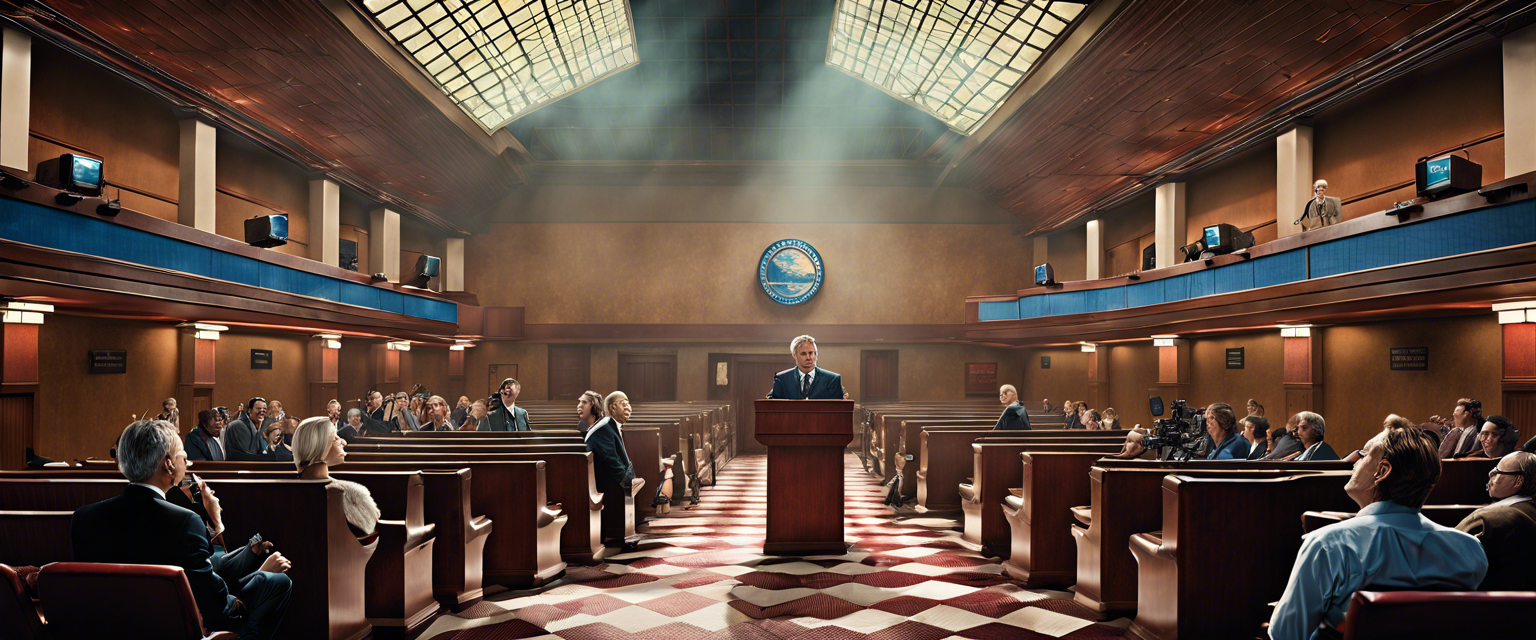Judge Denies OpenAI's Request for The New York Times' AI Utilization Details
On November 22, 2024, an important ruling came from a federal court regarding the ongoing legal discourse between OpenAI and The New York Times. The court denied OpenAI's request to compel The New York Times to disclose how its reporters utilize AI tools, deeming the discovery request overly broad.
Key Highlights from the Ruling
The judge's decision encapsulates a broader contemporary issue of privacy and proprietary information in the technology sector. Drawing a humorous yet striking metaphor, the ruling stated, "If a copyright holder sued a video game manufacturer for copyright infringement, the video game manufacturer would not be entitled to wide-ranging discovery concerning the copyright holder’s employees’ gaming history." This analogy illustrates the judge's stance on the matter, emphasizing the inappropriateness of OpenAI's request.
Context of the Case
This ruling is part of the ongoing case identified as The New York Times Company v. Microsoft Corporation (S.D.N.Y., 1:23-cv-11195). The case primarily deals with copyright issues, reflecting a growing tension between traditional media entities and technology companies exploiting AI.
Implications for AI and Media Relations
The outcome of this case could have significant implications for how media companies interact with AI technologies in the future. As AI tools become increasingly prevalent in journalism, understanding the boundaries of proprietary work and the use of AI will be crucial.
Understanding the Legal Landscape
The legal landscape surrounding AI is evolving rapidly. Companies like OpenAI are searching for clarity in how their technologies fit within existing copyright frameworks.
The Bigger Picture
This ruling indicates not only the legal boundaries but also highlights the ethical considerations in using AI in journalism. It ignites a critical dialogue about the rights of reporters and media companies in the digital age.
Conclusion
The ruling has prompted conversations on data privacy, AI's role in journalism, and the legal definitions surrounding proprietary work in the digital era. As both sides continue to navigate the complexities of this case, its outcomes may shape future interactions between AI developers and media entities.



Yorum yazın
Tüm yorumlar yayınlanmadan önce incelenir.
Bu site hCaptcha ile korunuyor. Ayrıca bu site için hCaptcha Gizlilik Politikası ve Hizmet Şartları geçerlidir.